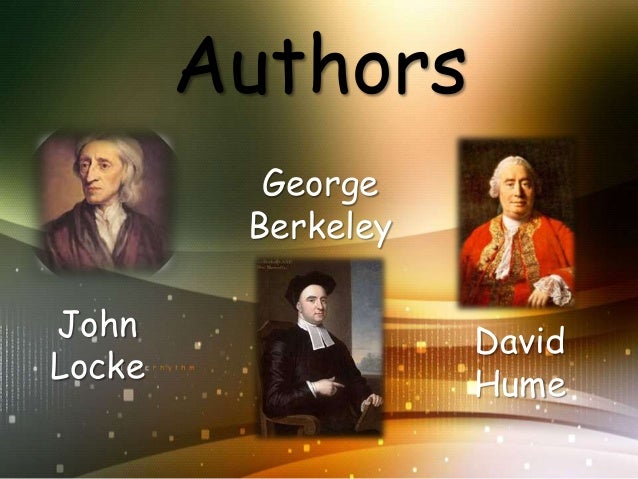John Locke And David Hume

Recap each philosopher’s main view about consciousness/the self/personal identity. Explain at least one
difference between the two philosophers’ views and state which view you prefer. Then, offer an argument (i.e.,
evidence) against the view that you reject.
What were their main concepts and definitions, what were their distinctions? How did they imagine that the self
was different from the brain or different from the mind? Restate their theory and include “direct quotes”, specific
references from their work.
Explain carefully how these views compare and contrast. Be sure to identify and explain at least one difference
between the philosophers’ views. How do they define a key concept or make a major distinction differently?
Words Cited Page – cite all quotations/paraphrases used by naming the author of the work, the tile and the
chapter/section that you are citing from.
Properly use MLA in-text citations for paraphrasing and direct quoting

